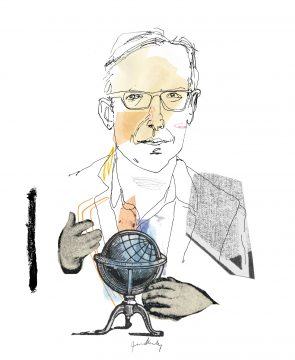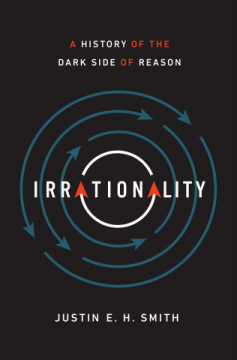Kwame Anthony Appiah in the New York Review of Books:

How enlightened was the Enlightenment? Not a few critics have seen it as profoundly benighted. For some, it was a seedbed for modern racism and imperialism; the light in the Enlightenment, one recent scholar has suggested, essentially meant “white.” Voltaire emphatically believed in the inherent inferiority of les Nègres, who belonged to a separate species, or at least breed, from Europeans—as different from Europeans, he said, as spaniels from greyhounds. Kant remarked, of something a Negro carpenter opined, that “the fact that he was black from head to toe was proof that what he said was stupid.” And David Hume wrote, in a notorious footnote, that he was “apt to suspect” that nonwhites were “naturally inferior to the whites,” devoid of arts and science and “ingenious manufactures.”
 The more general critiques take up larger intellectual currents in the eighteenth century. The era’s systematic forays into physical anthropology and human classification laid the foundation for the noxious race science that emerged in the nineteenth century. So did the rise of materialism: it became harder to argue that our varying physical carapaces housed equivalent souls implanted by God. A heedless sense of universalism, in turn, might encourage the thought that the more advanced civilizations were merely lifting up those more backward when they conquered and colonized them.
The more general critiques take up larger intellectual currents in the eighteenth century. The era’s systematic forays into physical anthropology and human classification laid the foundation for the noxious race science that emerged in the nineteenth century. So did the rise of materialism: it became harder to argue that our varying physical carapaces housed equivalent souls implanted by God. A heedless sense of universalism, in turn, might encourage the thought that the more advanced civilizations were merely lifting up those more backward when they conquered and colonized them.
More here.
